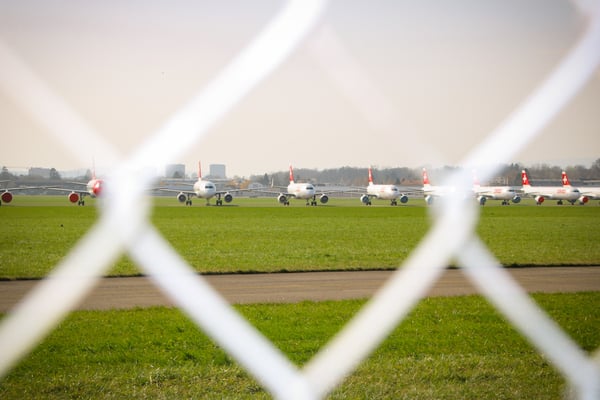Some people call it green travel, others call it sustainable travel, and there are some that even use ecotourism, but whatever you call it, one thing’s for certain: it has to be responsible. You, as a traveler, can’t just abandon all reason and ethics and strut into that apartment-sized first-class cabin with nary a shred of guilt in sight. Well you can, but you’re not doing anyone any favours.
Asking why responsible travel is important is a bit like asking why looking both ways when you cross the street is important. I don’t need to provide piles of statistics and figures to demonstrate that our current travel arrangements are pushing us closer toward the brink of extinction. Yet, if we’re completely honest with ourselves, we all do a lot more talking about responsible travel than actively engaging in it.
How many people reading this didn’t fly to New York for a long weekend with their better half because they were worried about damaging our perilously fragile ecosystem? Feel free to apply personal or business variations on this theme to other overseas locations, either way, you get the picture.
The very fact you didn’t cancel that trip when you know that climate change poses a substantial risk to human life, when you knew that the trip wasn’t of imperative necessity and therefore falling firmly into the unsustainable travel camp, should be a cause for concern.
According to Breakthrough National Centre for Climate Restoration in Melbourne, climate change poses a ‘near-to mid-term existential threat to human civilization’ and could cause society to collapse in as little as 30 years. And this is one of dozens of similar projections about how long we’ve got, providing we do nothing to address our means of getting from A to B.

What is interesting, however - though no less unsettling I’m sorry to report - that paying lip service to a cause and doing less than nothing about it may be an inherent part of what it is to be a human being. In the 1950s social psychologist Leon Festinger outlined a theory he named cognitive dissonance.
Put simply this is psychological stress, or guilt, caused by the waiving of your beliefs or principles, like taking an aeroplane or cruise ship in the full knowledge that it’s damaging the environment, but doing it anyway. The point here is that we’re content with hand-wringing worry about polluting the planet but not to the extent that the collective ‘we’ are permanently spurning cars, planes and cruise ships.
According to an admittedly pre-Covid-19 National Geographic Magazine, air travel is predicted to double in the next 20 years, right alongside the damning evidence that global warming may push the human race into extinction in the same period of time.
Yes, responsible travel is hugely important, of course it is, but we all need to feel less guilty about jumping on a plane.
How? By doing much less of it, or better still, not at all. And that includes offsetting your cognitive dissonance by taking full advantage of the Covid-19 pandemic for temporarily halting the increase in global warming so you can gallivant off to the Maldives, business class.
Speaking of Covid-19, the pandemic has undeniably caused a significant drop in carbon emissions. The very fact they’ve fallen at all is evidence that much of the air travel undertaken in pre-Covid times was non-essential, and now we’ve discovered alternative ways of conducting business or by simply abandoning long-haul holiday plans.
How much the emissions have fallen very much depends on your source, Time magazine projected it would be 38% lower in 2020 than in 2019, for example. But either way, we’re presented with a golden opportunity to keep these figures low, as the aviation industry finds its feet post-Covid, simply by pointing ours in another direction.
Like the train station.
